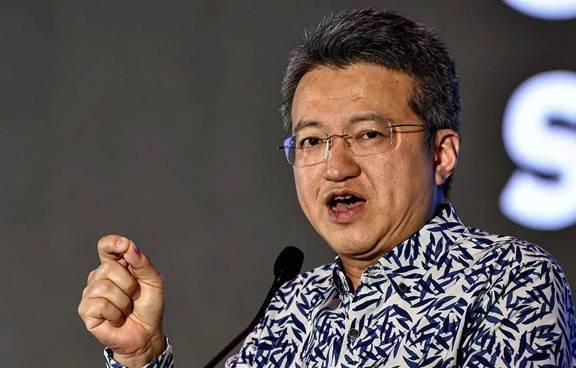
KUALA LUMPUR: Malaysia is confident of retaining its position as a middle power – or the "indispensable middle" – in the global semiconductor supply chain through the National Semiconductor Strategy (NSS), launched in May last year, Deputy Investment, Trade and Industry Minister Liew Chin Tong said.
The country aims to establish at least 10 Malaysian firms in advanced design and packaging with annual revenues of US$1 billion, alongside 100 high-income local semiconductor-based companies generating RM1 billion each.
Between early 2024 and the first quarter of 2025, the NSS has already made tangible progress: training 4,557 engineers and technical personnel; identifying over 23,000 job opportunities; attracting RM52 billion in investments (RM49.9 billion foreign and RM2.1 billion domestic); and establishing five local integrated circuit (IC) design companies.
To further strengthen the ecosystem, MITI, through the Malaysian Investment Development Authority (MIDA), is mapping out local companies across the supply chain, from chemicals and materials to machinery, wafer fabrication, testing, and IC design, Liew told the Dewan Negara on Wednesday.
This includes supplying chemicals and materials, manufacturing machinery and equipment, wafer fabrication, testing, and IC design to strengthen the existing ecosystem, he said.
Liew highlighted Malaysia's 50-year track record in the semiconductor sector, particularly in outsourced testing and packaging, which has positioned the country as a preferred destination for multinational corporations (MNCs).
He said that other factors, such as strategic location, comprehensive infrastructure, and a skilled local workforce, further enhance Malaysia's appeal to foreign investors in this high-technology industry.
Through the NSS, the government's focus is to attract advanced technology investments, especially in advanced packaging, while nurturing Malaysian firms to grow into MNCs themselves, he added.
On concerns that US tariffs might prompt semiconductor firms to relocate, Liew said MITI remains confident, as Malaysian companies serve multiple markets, including China, India, Japan, Korea, and Southeast Asia.
"Opportunities remain. We also hope to develop a horizontal integration strategy, where the local semiconductor industry can collaborate with the automotive, defence, and medical device industries, thereby strengthening the country's technological capabilities not only for the US market but also for Asia and Africa," he said.
Addressing concerns over potential job losses should US-owned semiconductor firms scale back investments due to Washington's new tariffs, Liew stressed that the United States is not Malaysia's sole export market.
He said many local semiconductor players also serve regional supply chains in India, China, Japan, South Korea, and Southeast Asia.
Liew added that there are still opportunities to grow this sector through the NSS strategy.
Source: https://www.nst.com.my/business/economy/2025/09/1270016/malaysia-targets-bigger-role-global-chip-supply-chain

